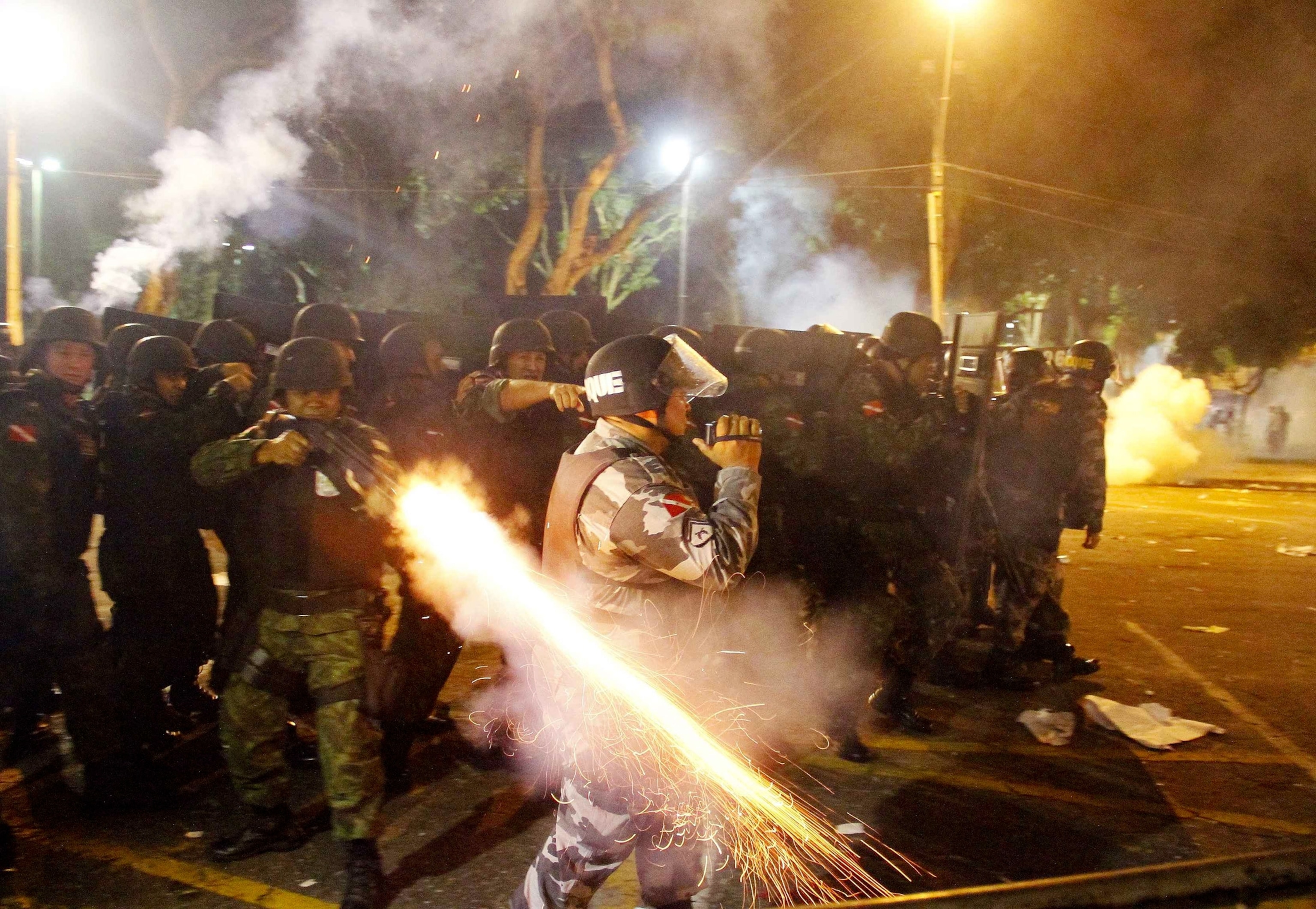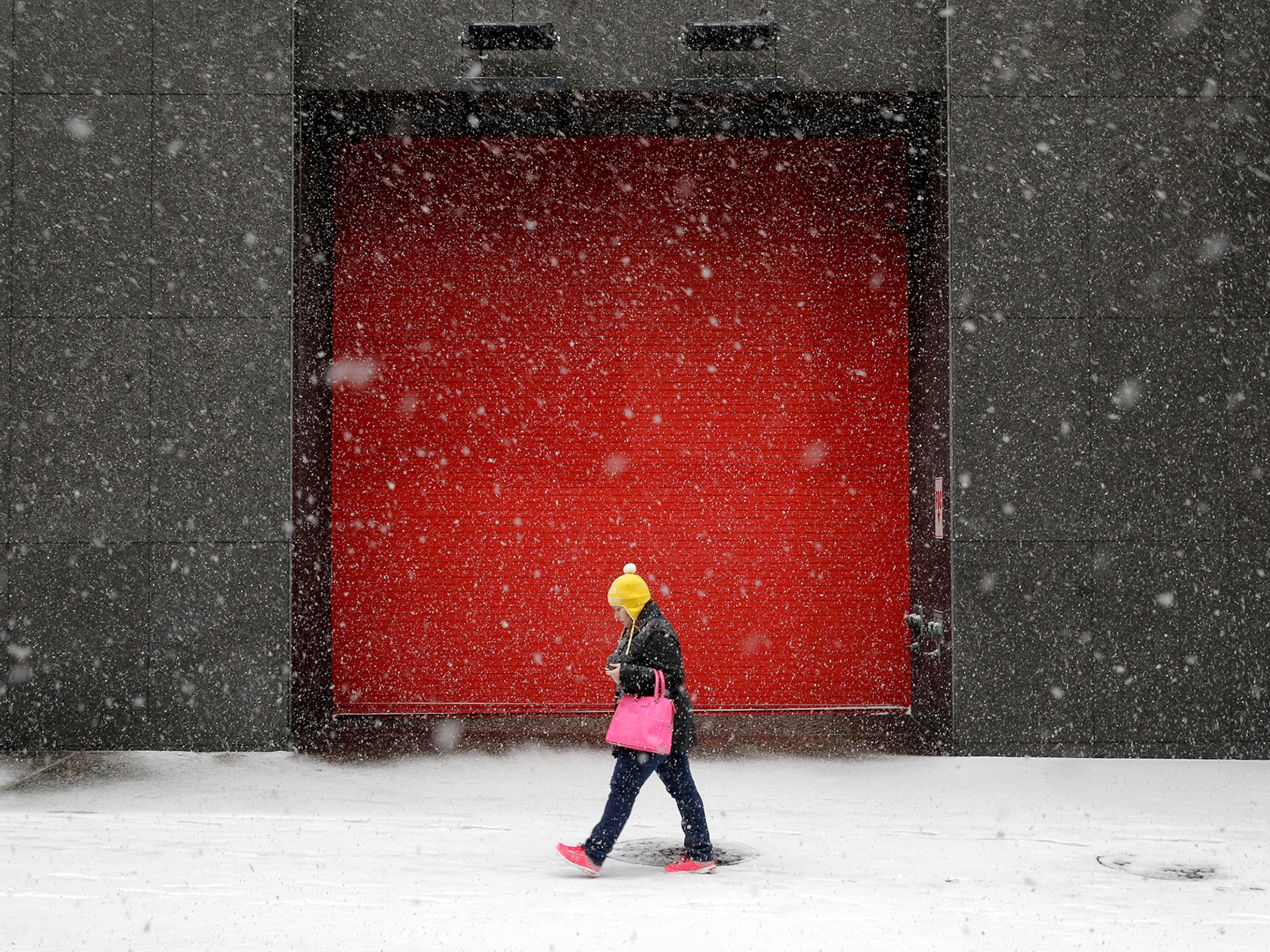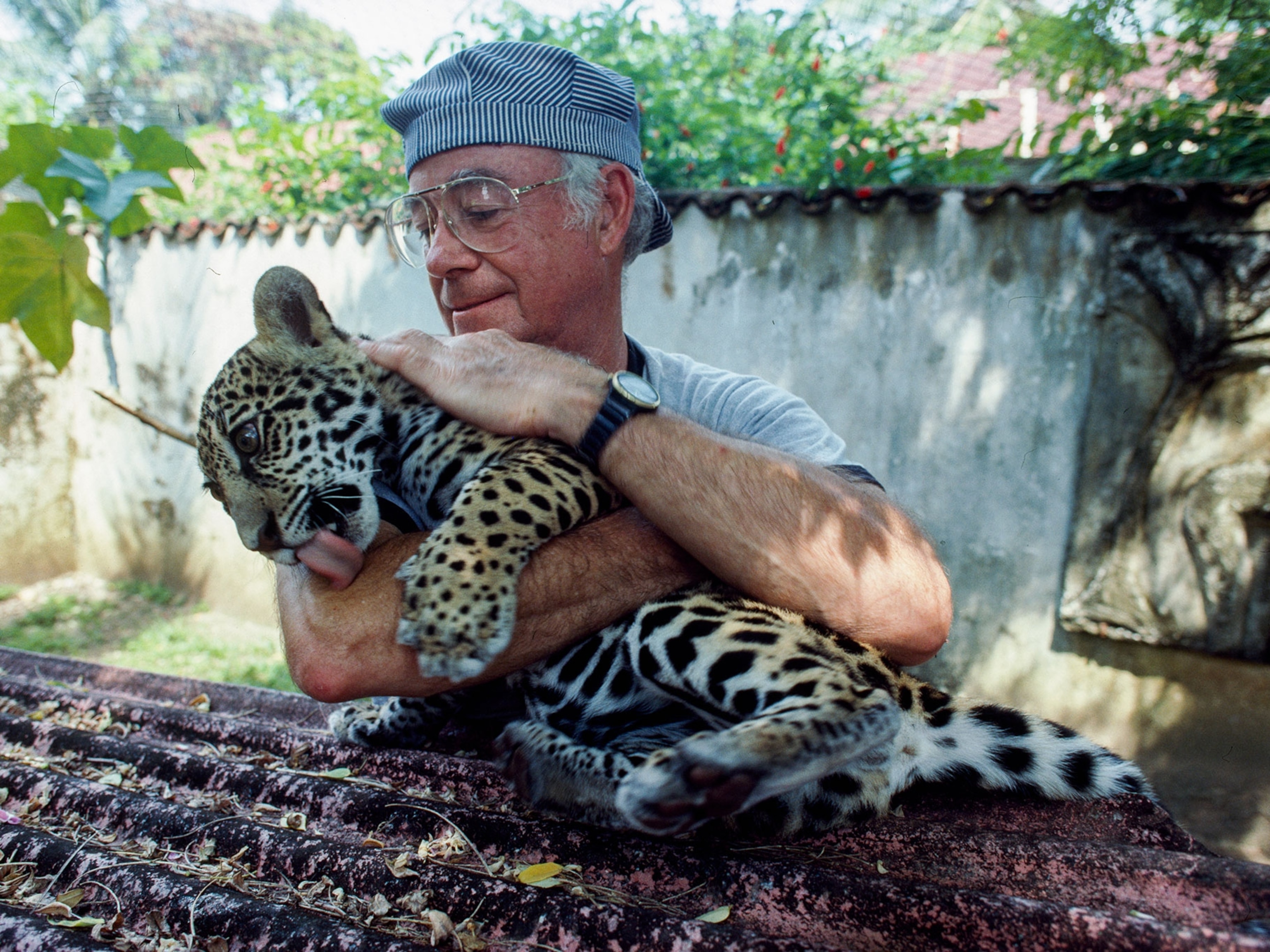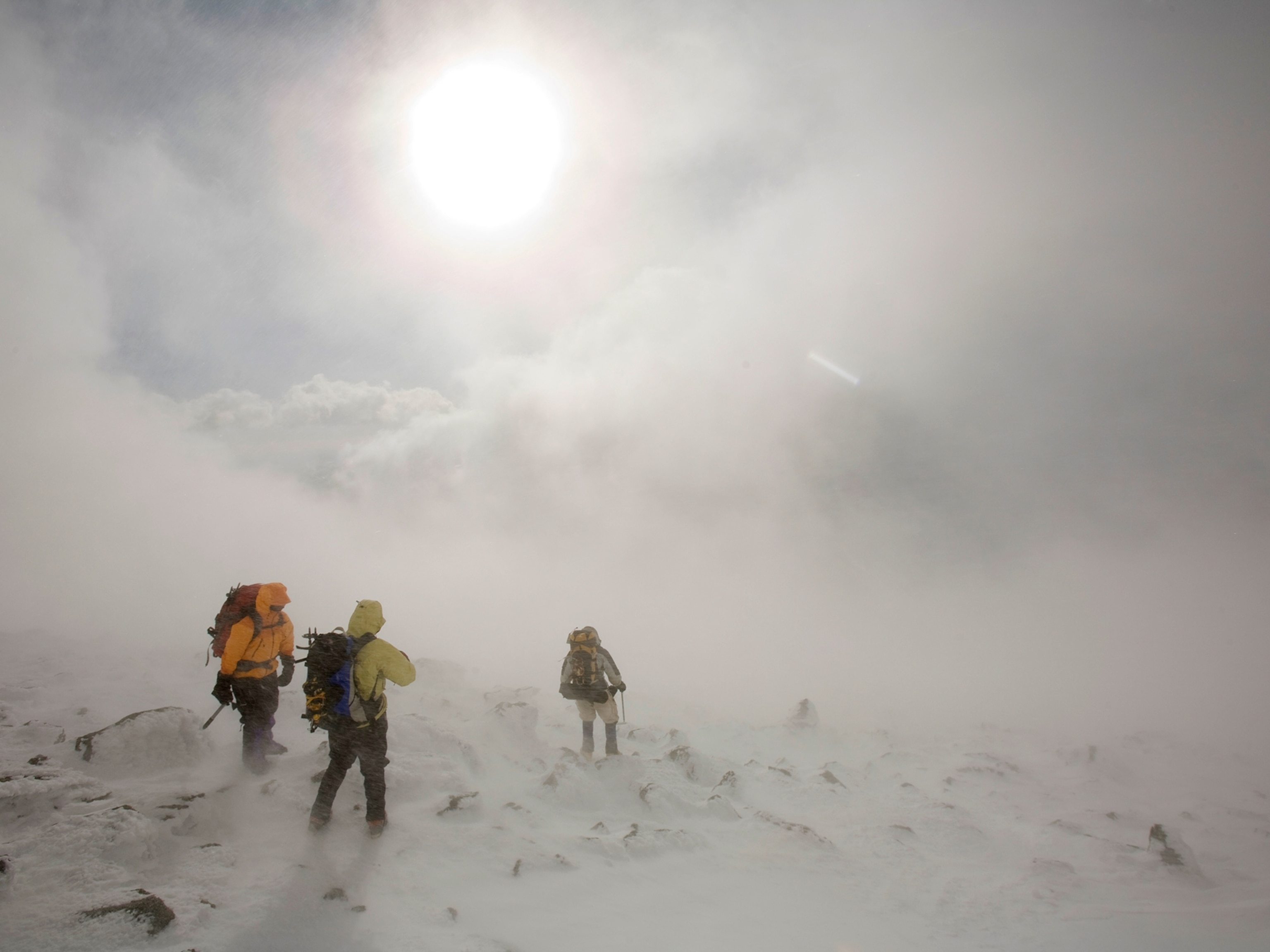
Mood in Brazil Tense Yet Hopeful After Mass Protests
Editor of National Geographic Brasil explains underlying causes of the unrest.
The largest demonstrations in Brazil in 20 years have rocked the South American country this week, prompting the nation's president to cancel an overseas trip and call an emergency cabinet meeting. Protests have been held in at least 80 cities there, with a total turnout estimated at 2 million.
An estimated 200,000 people have marched in the streets of Rio de Janeiro, while 110,000 have demonstrated in Sao Paulo. Tens of thousands have also marched in Manaus, Recife, Salvador, Belo Horizonte, and elsewhere.
There have been reports of dozens of injuries, as riot police have responded to the demonstrations with tear gas, pepper spray, and rubber bullets. (See "The Surprising History and Science of Tear Gas.") One 18-year-old man reportedly died in Sao Paulo after being hit by a frustrated driver, who allegedly slammed his vehicle into a crowd on the chaotic streets.
To gauge the mood in the country, National Geographic called Matthew Shirts, the editor in chief of the Brazilian edition of National Geographic magazine, which is published from Sao Paulo, the country's largest city. Shirts was born and raised in Southern California, but he has lived in Brazil for about 25 years.
He is no stranger to protests, having attended the University of California, Berkeley in the 1970s, when demonstrations rocked the campus. He has been with National Geographic Brasil for 12 years.
What is the mood like in Sao Paulo right now?
In Sao Paulo it's pretty good, better than most of the country, which might be a little bit hungover. There was less violence here than a lot of other places, from what I can tell.
Brazil's president, Dilma Rousseff [herself a former student protester], has called an emergency cabinet meeting, so everyone is waiting to see what the government will do, how they will address this now.
What about the mood in Rio de Janeiro?
I don't know too much about [that], but the protests were a lot more violent there from what I've read. There were a reported 40 people injured. There were an awfully lot of people in the streets in Rio and Sao Paulo. Right at this moment it's very much wait and see, but a lot of people who were involved or in the streets no longer will be.
There's a new movement out, which is to get out of the streets, because people don't want it to turn into vandalism and violence. But a lot will depend on how the government responds.
(See "Playing Rio.")
How would you describe the protestors?
It's a very eclectic protest movement. I read a phrase I really like by writer Mac Margolis, who called it "rebels with a hundred causes." I thought that was very apt.
It had been led by a small group of students who want free public transportation. They've been calling for that for many years, with nothing massive resulting, but when fares on subways and buses were just raised [by the equivalent of about ten cents], their protest met with a lot of popular support, and it snowballed.
The initial demands to reduce transportation fares were met, almost everywhere, and then there was another night of protests, which had already been set up. Those were supposed to be celebrations, but then a lot of people were saying "this isn't over." There are a lot of different individuals and groups involved, with different demands. The latest I know is that the leaders of the movement for free transportation have told their supporters to stop protesting now, after meeting with government officials today.
There was a very small group of very violent right-wing protesters, and they have had an enormous influence on the amount of violence. There's a lot going on; it's a very complex dynamic.
How do you think police and the government have handled the protests?
They've been very delicate about it. They've been totally surprised. No one knew what to make of this movement, from newspaper columnists to politicians. One conservative pundit condemned it right away, but then later came out and said he was wrong about that.
There's a lot more dissatisfaction with corruption in the Brazilian political process, set off by the soccer Confederations Cup, because we're inaugurating several expensive stadiums. People see that as a stark contrast with everything else in the country. There were a lot of promises when Brazil entered the agreement to host the 2014 World Cup for infrastructure improvements, but very few of those were realized.
Do you think the country is nearing a tipping point for change?
I don't think so. My guess is the wave has broken and it will tend to ebb now, but it will depend a lot on how well the government deals with it.
Do you see a contrast between how the Turkish prime minister handled protests in that country recently? Many people accuse him of baiting and insulting the protesters.
Yes, definitely. There has been no baiting, and they've handled it a lot better. They eliminated the fare hikes and have said "this is a good thing." They say they are proud [of the protestors], and that it will contribute to a better Brazil, although that was before last night, when there was more violence.
Economists have talked a lot about Brazil's strong economic growth over recent years, but do the protests suggest cracks in that facade?
Yes. Inequality has been reduced. There is a new middle class of sorts, of people who have come out of poverty into a better situation, and I think that has made people more likely to participate in this kind of protest. But this is still Brazil, and there are enormous cracks in the economic situation. It is still a developing country, and there are enormous problems here.
People don't see those problems taken care of. We don't have sewage in 60 percent of the country. We have appalling education, enormous problems with health insurance and public hospitals, really any way you want to go in terms of infrastructure is lacking. I think there is a lot of impatience; people ask, "If we can inaugurate several amazing stadiums, why can't we do the rest?"
What do you think will be the impact of more international events in Brazil, from the 2014 World Cup to the 2016 Olympics?
I think there probably will be more tensions. This is a new phase in world history, because globalization has also brought globalization of protests. There are lots of signs on the street in English, and a lot of these people are young, educated, and very globally aware. There is a desire to take advantage of the increased visibility that comes with these events.
Also, the threat of disrupting such events is taken very seriously.
How do you feel about Brazil's future? Have your thoughts changed because of the protests?
No. I think the country's future will be wonderful. In spite of some violence, I think it is a step forward for Brazil. I think it will help us improve the democratic process and make everyone work harder to make things work better. We're all a little wary right now, but I think it will force politicians to be more responsive to popular demands. I love Brazil.
Follow Brian Clark Howard on Twitter and Google+.





